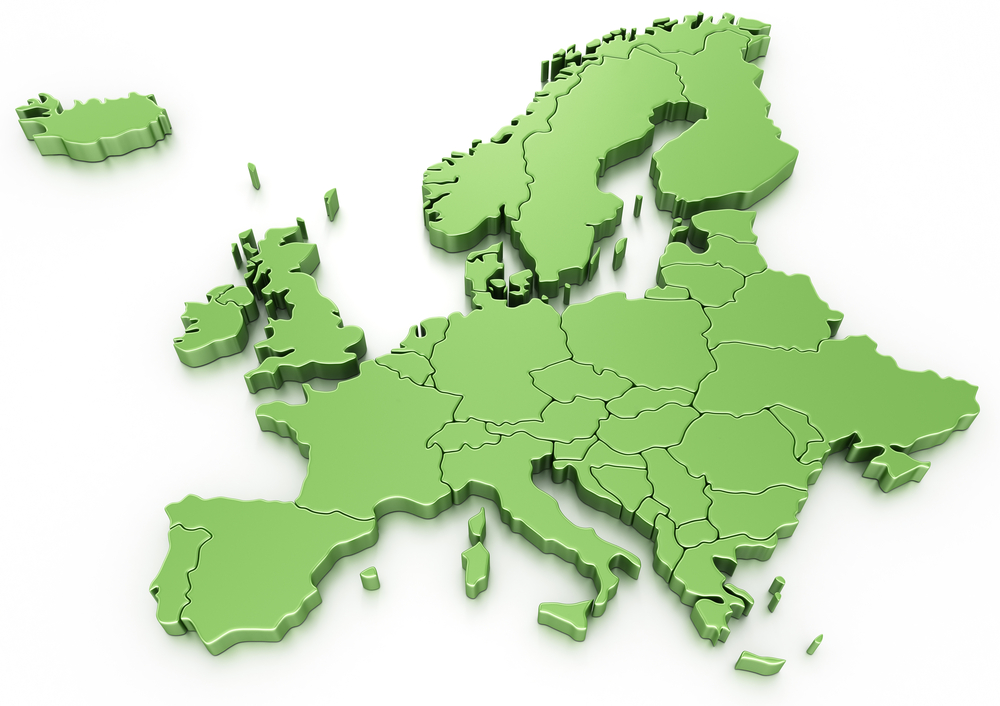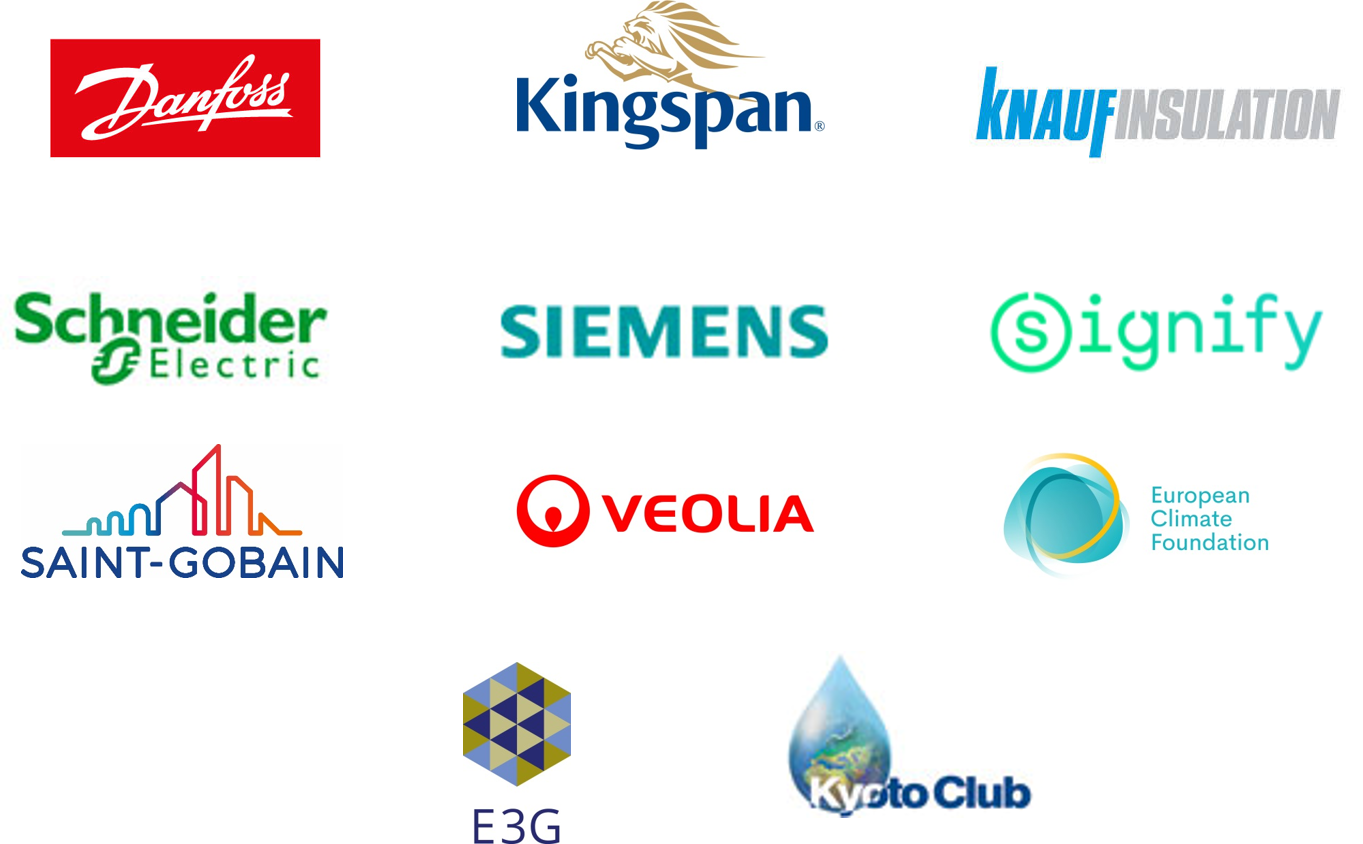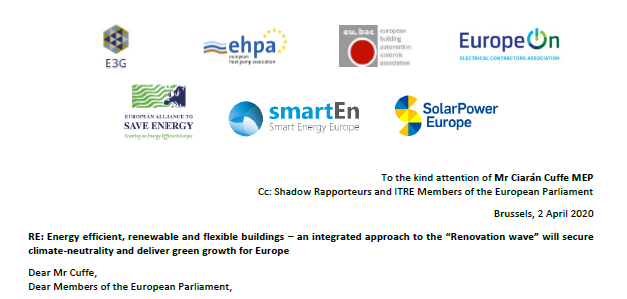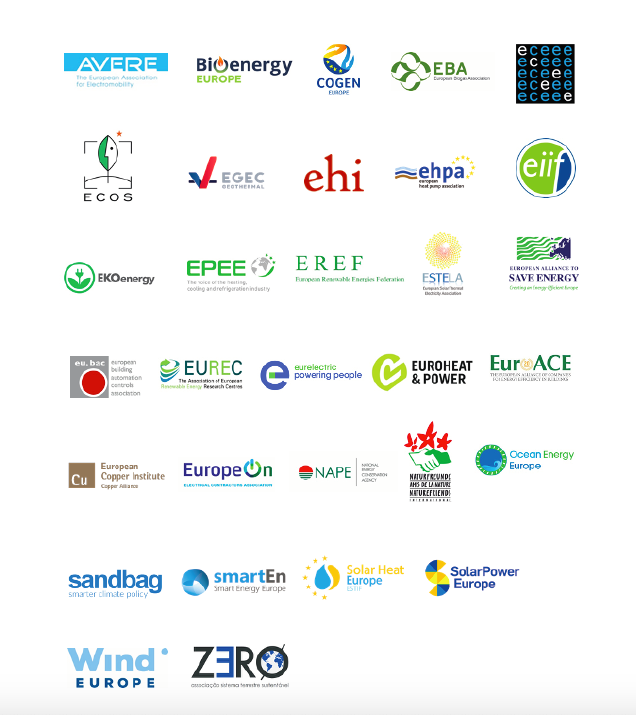Water is everyone’s business

The European Alliance to Save Energy is one of the undersigned organisations and businesses that stand with the 375,000 European citizens who have urged the EU governments and the European Commission to preserve the European Union’s groundbreaking Water Framework Directive in its current form, as advocated by the #ProtectWater campaign.
The Water Framework Directive is the key law to ensuring that freshwater ecosystems in Europe are protected and restored and water is sustainably managed, fully supporting the achievement of the Sustainable Development Goals.
This law has provided a stable regulatory framework and has encouraged collective water stewardship action in river basins across the EU.
The joint statement is signed by:
AquaFed, Aqualia, Compagnie Intercommunale Liégeoise des Eaux, The Coca-Cola Company, Coca-Cola European Partners, Coca-Cola Hellenic Bottling Company, Dupont Water Solutions, Ecolab, European Alliance to Save Energy (EU-ASE), European Fishing Tackle Trade Association, European Outdoor Conservation Association, Greencore, Grundfos, H&M Group, Heineken, Knauf Insulation, Kyoto Club, NVP Energy Solutions, Suez, Veolia, WAKEcup Global, Water Europe, and Xylem.
In a fast-changing political and economic environment, 2025 was a year of continued efforts to strengthen security, stability, and competitiveness for European businesses.
Throughout the year, our work demonstrated that energy efficiency is not only essential to achieving climate goals, but also a key driver of innovation, energy independence and sustainable long-term growth across Europe.
Strong engagement with policymakers, combined with the successful organisation of the 4th European Energy Efficiency Day, highlighted the importance of collaboration and dialogue in advancing shared objectives. Partnerships across sectors and institutions remained central to delivering impact and shaping effective energy policies.
Looking ahead to 2026, we will intensify our efforts to secure the regulatory certainty that can accelerate the energy transition, while providing businesses with the investment confidence they need and strengthening Europe’s competitiveness.
Read the full Activity Report here.






